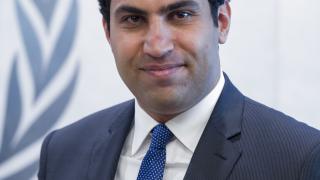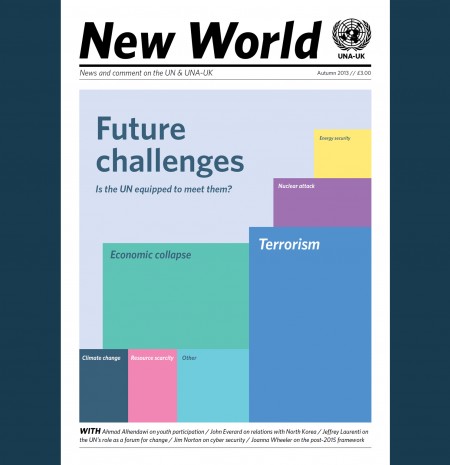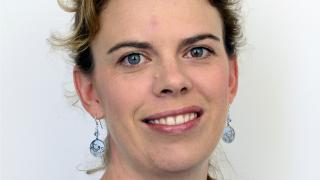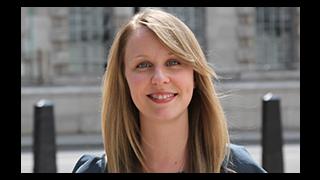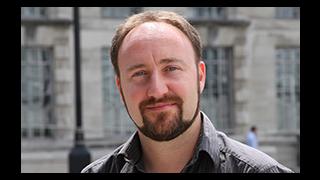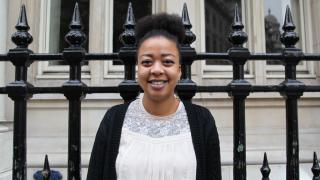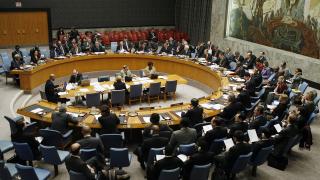It has been three years since the UN General Assembly adopted a resolution on the “elimination of discrimination against persons affected by leprosy and their family members”. This resolution had earlier been unanimously adopted by the UN Commission on Human Rights, along with principles and guidelines on how to go about this task.
Leprosy is an entirely curable condition, and much progress has been made in the disease. Working with the World Health Organization (WHO), The Nippon Foundation has helped reduce the number of leprosy patients by 96 per cent since the 1980s and 16 million people have been cured of the disease. Indeed, since multidrug therapy became available in 1981, leprosy has been eliminated as a public health problem – meaning an incidence rate of 1 case per 10,000 people – in all countries with the exception of Brazil.
Despite this, those affected by leprosy still face the stigma and discrimination that have long been associated with the disease. Our primary challenge is now to confront the ostracism that leprosy-affected people, and their families, still face. It will take efforts from the international community, the UN and the WHO, national governments, civil society and the media, right down to the grassroots, before this stigma is eliminated.
Even though leprosy is not a life threatening disease it can cause the disfigurement of some parts of the body if not treated early. Those affected by leprosy in this way, including those that have been cured, have been subject to social ostracism and isolation for all of humanity’s history. The fear of this stigma often prevents people acknowledging that they have the disease and seeking help, resulting in their disfigurement. Stigma causes this vicious cycle and must be tackled.
Whilst UN resolutions are a good start, they are not enough. I recently attended a conference in Ethiopia that was supported by the Ministry of Health in Ethiopia, the WHO and the African Union. The conference brought together African governments and civil society to make them aware of the obligations and implications of the resolution. This regional Symposium aimed to share ideas as to how the UN resolution and its associated guidelines can be implemented. We absorbed the ideas, experiences and ambitions of leprosy patients and those involved in tackling the disease, and adopted the Addis Ababa Resolution on the key issue of leprosy and human rights.
We all agreed that empowering people with leprosy is the most important step in altering perceptions in society. People affected by leprosy are often excluded from education, employment and marriage – depriving them of their fundamental human rights. Bringing leprosy-affected people together gives greater weight to their collective voice.
Small business loans to those affected by leprosy have been successful in combatting stigma in India, as they not only show the outside world that people in leprosy colonies can be successful, it shows the leprosy-affected people themselves that they can achieve success. This confidence is crucial to helping with wider engagement with society and overcoming discriminatory barriers.
Such measures will increase the pressure on governments and civil society to acknowledge and tackle stigma and discrimination. It has already led to the International Bar Association campaign to help tackle discriminatory laws – in countries like Singapore, Nepal, Malta, Thailand and India, where such laws still apply in areas including contesting elections, marriage and divorce, residential eligibility and employment. On immigration, the United States and China have until recently referred to leprosy as a reason for declining entry. In fact, only in June 2011 did the UK Border Agency amend its policy advice to make it clear that having leprosy is not grounds alone for visa refusal.
The media must also play its part. Stigma is fuelled by the ignorance, myths and falsehoods which are perpetuated. Out must go the superstition of leprosy as a biblical affliction and false ideas of disability. Civil society, government, the media and, most importantly, leprosy-affected people must reshape the narrative, highlight discrimination and push for change.
Yohei Sasakawa is Chairman of The Nippon Foundation, WHO Goodwill Ambassador for Leprosy Elimination and the Government of Japan’s Goodwill Ambassador for the Human Rights of People Affected by Leprosy


